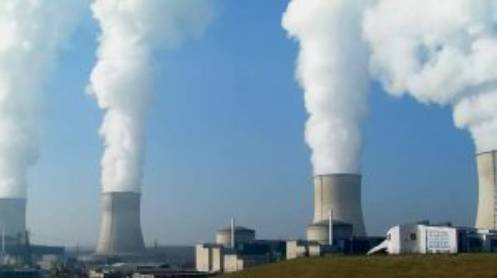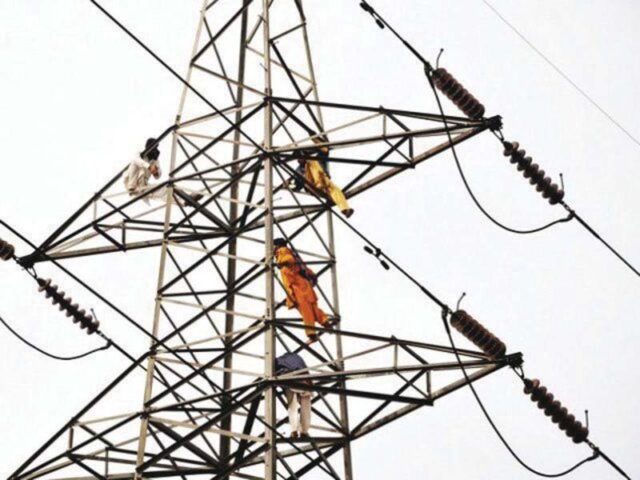ISLAMABAD – President of Pakistan has signed into law the Off the Grid (Captive Power Plants) Levy Bill, 2025, following its approval by both Houses of Parliament. The legislation imposes a phased levy on natural gas and RLNG consumption by captive power plants (CPPs), sparking concern among industrial stakeholders.
Introduced by Federal Minister for Petroleum Ali Pervaiz Malik and passed by the National Assembly on May 22, the bill mandates an immediate 5% levy, increasing to 10% by July 2025, 15% by February 2026, and reaching 20% by August 2026. The move faced strong opposition in Parliament but was passed by majority vote.
According to the Ministry of Parliamentary Affairs, the bill received presidential assent on June 6 and has been forwarded to the relevant ministries for implementation.
Under Clause 3, all CPPs must pay the levy in addition to the OGRA-notified gas price, with collection facilitated by designated agents. Clause 4 outlines the levy calculation, based on the gap between NEPRA’s B3 industrial tariff and CPP self-generation costs.
Clause 5 stipulates that collected levies will be used to reduce electricity tariffs for all consumer categories. An annual utilization report must be submitted to Parliament within three months of each fiscal year’s end.
Non-payment will trigger recovery action under the Public Finance Management Act, 2019, and repeated defaults may lead to termination of gas supply (Clause 6). However, Clause 7 allows the levy as a deductible expense under the Income Tax Ordinance, 2001.
Clause 10 empowers the President to resolve implementation issues not inconsistent with the law.
The National Assembly Standing Committee on Petroleum, in its May 22 meeting, stressed the need for a smooth transition and industry consultation. It urged the Power Division to submit a detailed transitional plan, especially regarding coordination with K-Electric, and suggested an in-camera session to discuss the Memorandum of Economic and Financial Policies (MEFP).
The Committee also recommended that captive power users retain gas access but pay higher tariffs, especially for non-export sectors. It emphasized a structured, transparent transition process with minimal disruption to industrial operations.
The bill now moves toward phased enforcement amid close monitoring by parliamentary committees and industry stakeholders.
Story by Mushtaq Ghumman







